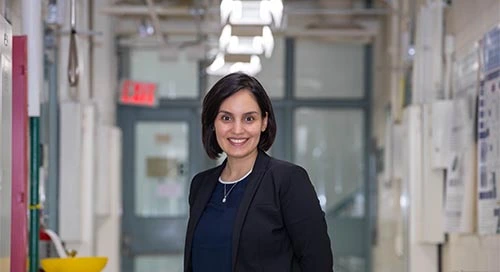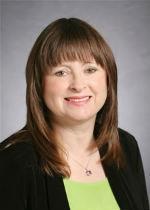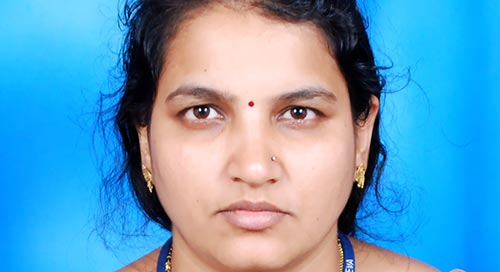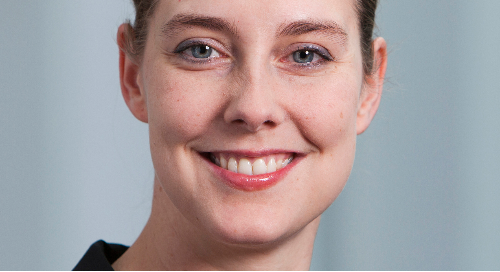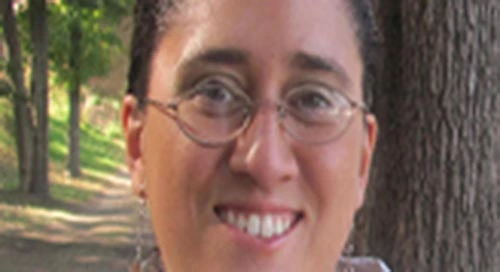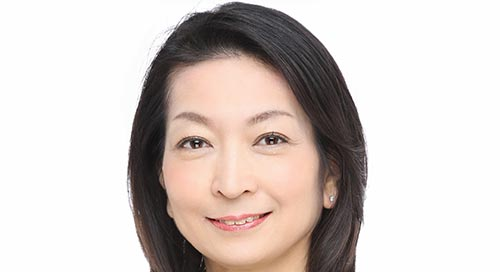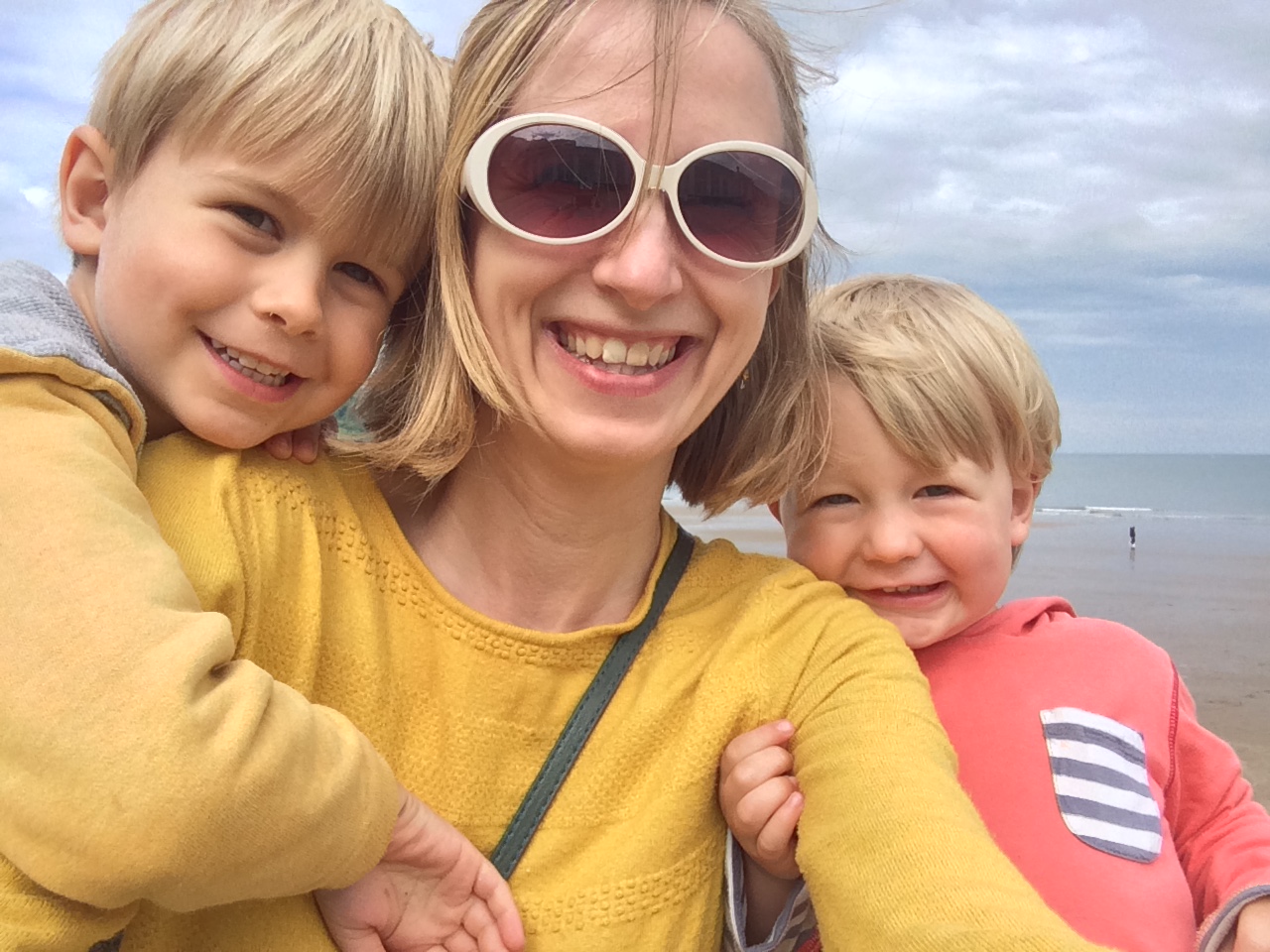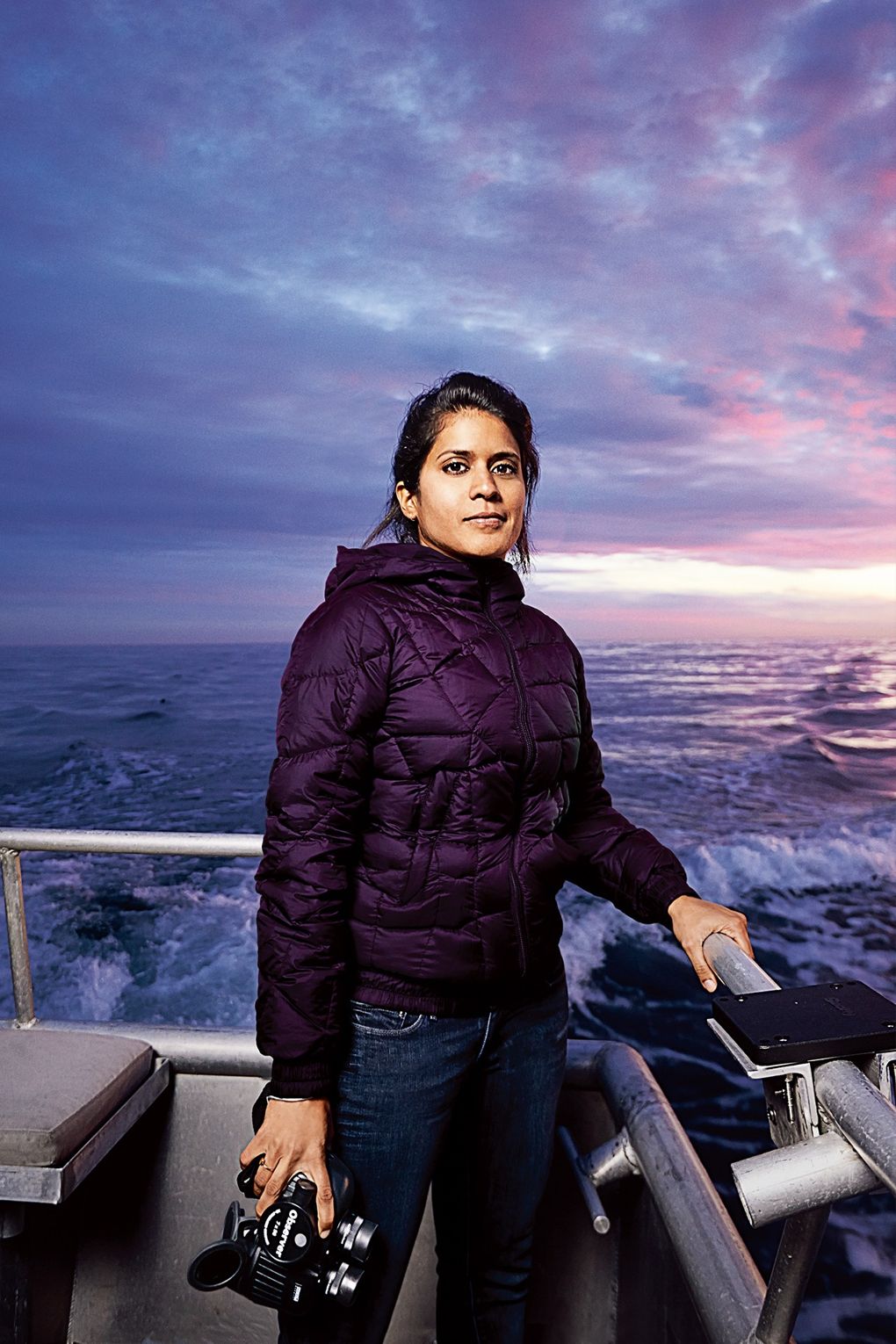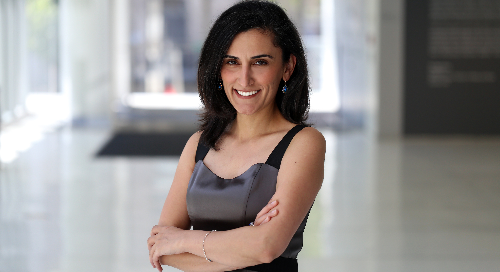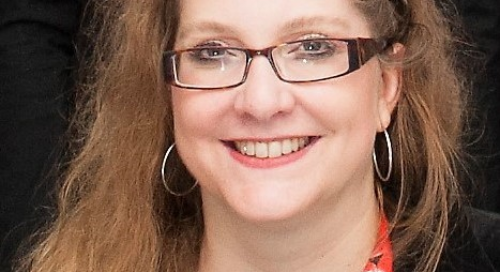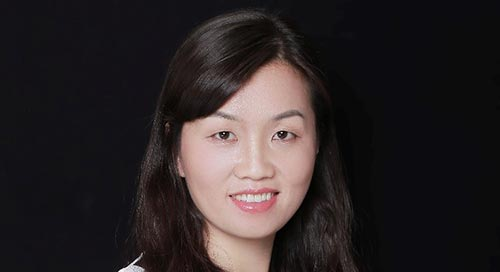celebrate-mentors-and-role-models-for-international-women-s-day
March 07, 2019
Wiley’ s third annual Women in Research Travel Grant Competition celebrates the critical importance of representation through role models and mentors. Pursuing a life of research when you are in the minority—be it gender, class, or race—takes passion and drive. It also takes a community full of mentors and role models to keep the fire alive to and fight for changes to systems that continue to present obstacles.
Our judges shared their thoughts on mentors with us to help get everyone excited about the competition. To enter the competition, click here, and read below to hear what our judges have to say:
Dr. Jenn Firn, Editor-in-Chief, Ecology and Evolution: “When I first started my academic career, I thought what was most important was how hard I worked, my own skills and knowledge, how l learned from my mistakes, and how much I dared to dream about the 'big' questions.
I think all of these aspects of my job are important to some degree to this day, but what I did not appreciate at the time was how important mentoring, coaching and sponsorship is to an academic career. I feel incredibly lucky to work in a profession where we are literally operating in an ecosystem of learning and mentor-ship. As I learn through the course of my career my goals have changed to be focused on striving to be an 'enabler' of learning and pursuit of scientific knowledge for as many others as I can. An academic career, in my humble opinion, is itself comprised of a 'web of enablers'-not just knowledge. This is why I am honored to be on the committee for this year's competition where we celebrate trailblazers, role models and mentors.”
Elizabeth Lorbeer, Director, Department of the Medical Library, Western Michigan University: “We should all aspire to be the best version of ourselves every day. Integrity and good character are traits that are critical to personal success and gaining trust from our constituents. I believe our shared success is based on being a good role model and friend to our learners, and making our space safe to pursue interests, ask questions and explore topics without fear of judgment. I am committed to advancing diversity and equity within our institution, and to eliminating unconscious biases.”
Dr. Deborah Ashby, President, Royal Statistical Society: "My first mentor was my headmistress, who said at eleven I was “university material”. I asked “what is a university?” as I didn’t know anybody who had been to one. Once she had planted that seed, there was no turning back…
My role model is Florence Nightingale, “The Lady with the Lamp”, who was also a pioneering and passionate statistician. She analyzed data from the Crimean campaign, procuring royal support for a royal commission on the health of the army, then turned her attention to record-keeping in London’s hospitals, thereby doing far more to improve health than through her nursing."
Dr. Pamela Habibovic, Maastricht University: “I prefer to talk about an advocate rather than a mentor. A good advocate does not try to change you to fit the (male-dominated) system, but instead tries to make the system ready for a change, Make it such that you as a woman can thrive and contribute, while staying true to yourself. I was and still am lucky to have an advocate like that. Thank you, Professor Clemens van Blitterswijk, for truly trying to understand my definition of success.”
Dr. Mary Cushman, Editor, Research and Practice in Thrombosis and Haemostasis: “Role models and mentors can be closely engaged in your career or may not even know the regard you have for them. Choose people whose traits you want to adopt, and be sure to thank them along the way. My early career mentor was Dr. Russell Tracy; his sage advice provided the setting for my success. One of my role models is Dr. Gregory Burke from Wake Forest. From him I learned how to run meetings while making everyone feel involved, an important trait for success in team science. I thank these and many others whom I’ve ‘borrowed’ from over the years.”Dr. Jan E. Leighley, Editor-in-chief, American Journal of Political Science: “The best mentors have sustained conversations about the profession with their students or junior colleagues, knowing how to answer (even the tough) questions, but also when to ask (the right) questions. Those conversations allow the younger scholar to discover who they are, and how to reach their potential. These are the conversations (usually not lectures!) that can make the difference between professional success or failure. They even help to define what that success and failure means. As a first-generation college student (whose family thought I was a little slow, given that I was still in college after seven years), I could not have navigated the waters without a lot of help from conversations that happened outside the classroom. And even though there were not many women in the discipline as I was starting out, at each stage—as an undergraduate, a graduate student and an assistant professor—women were there at key moments to help me succeed. Thank you, Katherine, Barbara, and Patricia . . . and so many others!”
Dr. Linda J Sandell, Editor-in-Chief, Journal of Orthopaedic Research: Appropriate role models are critical in areas where women are not usually seen: it makes a huge difference if you can picture yourself in a leadership role. Networking to get to know women to suggest for positions, talks, committees, etc. is critical. Lastly a mentor who can show younger women that they can take the time to commit to leadership roles. One of my best mentors was Adele Boskey who always took the time to be involved with professional organizations and mentoring women.
Join our judges! Celebrate the importance of mentorship for greater representation and diversity in research by entering our Women in Research Travel Grant Competition.

